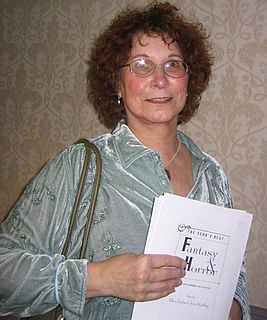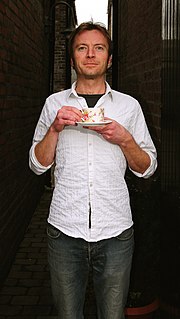A Quote by George R. R. Martin
I wanted to write a big novel, something epic in scale.
Related Quotes
I'm struggling with what is epic. People decided I was epic - if by epic, do you mean a big, heavy book? 'David Copperfield' is a big book - is it epic? Amount of time covered, length, drama, or story - that's the real appeal - if the story is long you have a better chance of becoming more connected.
I always was interested in prose. As a teenager, I published short stories. And I always wanted to write the long short story, I wanted to write a novel. Now that I have attained, shall I say, a respectable age, and have had experiences, I feel much more interested in prose, in the novel. I feel that in a novel, for example, you can get in toothbrushes and all the paraphernalia that one finds in dally life, and I find this more difficult in poetry.







































